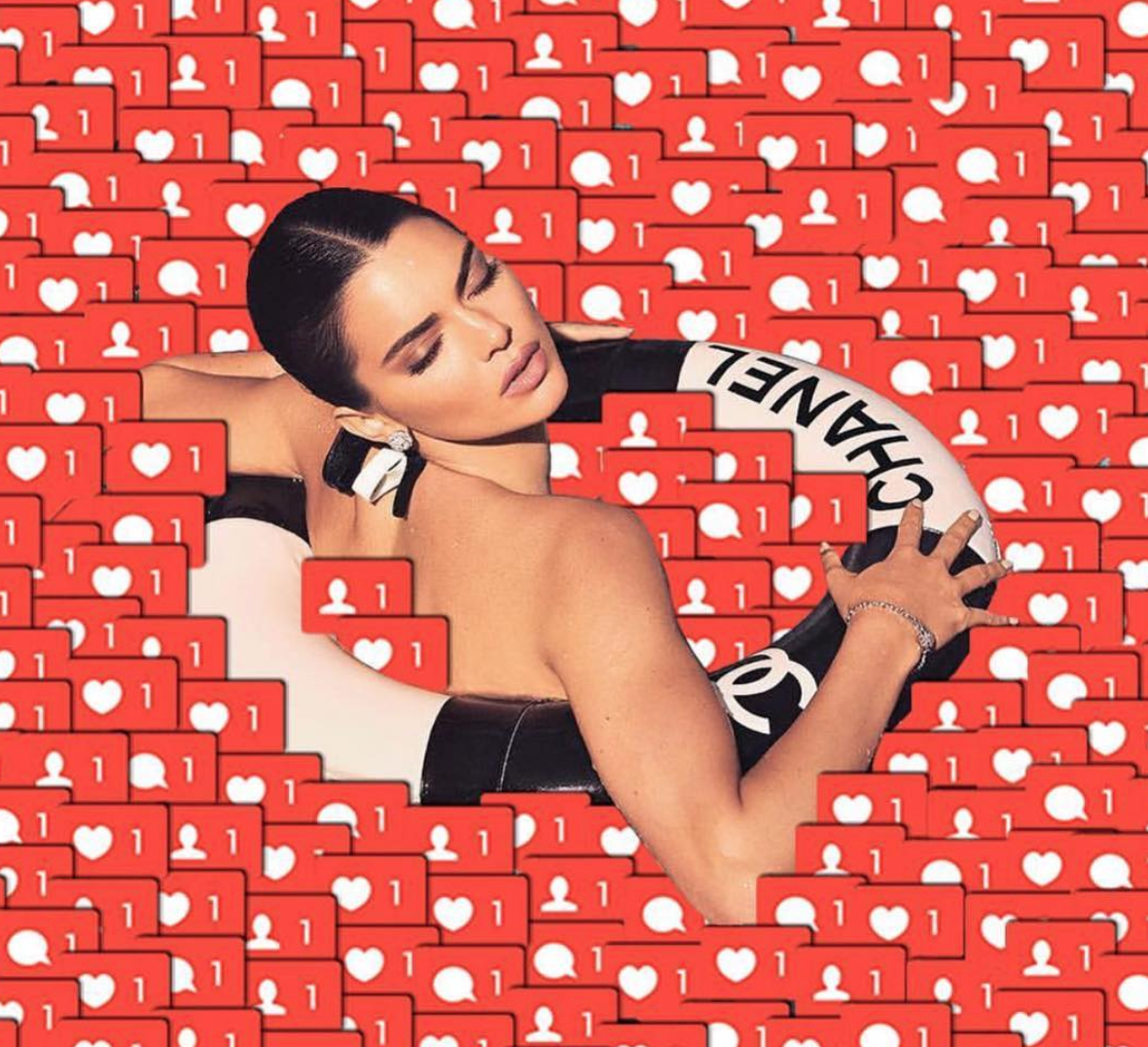We’ve been conditioned for so long to operate on the instant high of quick validation through the social media enterprise. Instagram, of course, has been no exception to its parent, Facebook, which helmed the system of “liking” things in the wake of the MySpace era, when it was enough to simply troll someone’s page and parade one’s “Top 8” with unabashed nepotism without worrying about whether something you put up was “liked.” All that mattered was a fly background and tailored music to go with it.
With the Zuckerberg model (himself a person not too well-liked before he created a system for this gauge), it didn’t take long for the accrual of likes to become a twenty-first century addiction, and something of an extension of what millennials were raised to believe in the 90s–that their most inane of “accomplishments” were worth an accolade of some kind. Now delivered in the Pavlovian format of a “like” or a “heart,” as it shows itself on Instagram, with female nudity being the easiest way to get the validation one seeks (sorry fellas, for once feminine objectification gives women the upper hand–if one determines the upper hand to be having a lot of Instagram likes). Intriguingly, this approach to rewarding something that’s not particularly remarkable is what has led to a different issue for Gen Z–that of constantly comparing oneself to other people, specifically how many “likes” they have. Which can make one who does not have as many feel inadequate. Yes, it’s a fucked up Bradburian world we live in. And now, Instagram’s CEO, Adam Mosseri, is aiming to pander to youths by eliminating the ability of other users to see the number of likes one gets on a post, noting, “The idea is to depressurize Instagram, make it less of a competition.”
Yet that’s just what the pedestal elevating, then shattering society at large feeds off of with regard to these sorts of apps. It’s an adrenaline rush for people to see how they can top others in their “field.” If promoting diet “supplements” and lip fillers is a field. Mosseri has so far stated that only “some” accounts will be affected during this sort of “beta” test of an Instagram for a new era, and a new world order. With the implication of this phenomenon being that much of Los Angeles and New York will plummet into an existential crisis with all of its “influencers” at a loss for how to prove their worth to other people with “tangible” numbers (as if many of those numbers aren’t bought through outlets like Stim). Thereby procuring partnerships with brands that let the easy money roll in. For if the twenty-first century has taught us anything, it’s that money should come easily or not at all. Cash being a natural by-product of fame in so many’s minds.
With this “altruistic” approach, it would seem Mosseri is taking the general outrage of the public to heart. One that says social media juggernauts ought to be more vigilant about what their users are posting (i.e. execution videos) and to curb screen addiction as much as possible (it’s much, but much, too late for that, darlings). The latter might certainly happen with less likes to track on one’s own and other people’s posts. For the majority get their self-flagellating jollies from making the comparisons. Yet now, if this approach does stick, the problem we’re likely breeding for the next generation is a total inability to understand the value of competing. Which, come to think of it, has already lost all meaning anyway in the era we call: Deifying the Lowest Common Denominator.






















